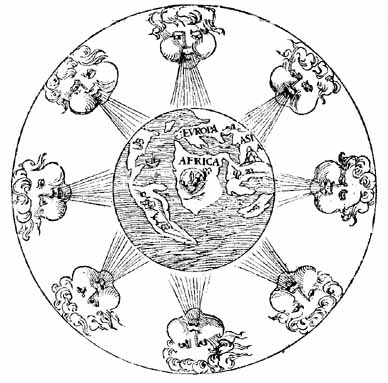Postdoctoral Fellowships - Max Planck Institute for the History of Science (Berlin, Germany) - Deadline: November 28, 2011
The Max Planck Institute for the History of Science, Berlin, Max Planck Research Group (Sabine Arnaud), announces
Two Postdoctoral Fellowships for one renewable year, starting February 1, 2012. Outstanding junior scholars are invited to apply.
The fellowships are awarded in conjunction with the research project The Writing of Deaf- muteness and the Construction of Norm (details concerning the project may be found at http://www.mpiwg-berlin.mpg.de/en/research/projects/MRGArnaud). Candidates should hold a doctorate at the time the fellowship begins.
Fellowships are endowed with a monthly stipend between 1.900 € and 2.300 € (fellows from abroad) or between 1.468 € and 1.621 € (fellows from Germany). Postdoctoral fellows are expected to participate in the research activities at the Institute.
The Max Planck Research Group (Sabine Arnaud) is also accepting proposals for non-funded Visiting Fellowships from one month to a year. They are normally open to doctoral candidates or post-docs, who have external funding. For project highly relevant to The Writing of Deaf-muteness and the Construction of Norm, the Max Planck Research Group (Sabine Arnaud) will support a limited number of applications for funding at funding organizations such as Fulbright, DAAD, HumboldtStiftung for fellowships starting in 2012 or 2013.
The Max Planck Institute for History of Science, Berlin, offers successful candidates office space and use of the Institute facilities. Visiting Fellows are expected in turn to take part in the cultural and scientific life of the Institute, to advance their own research project, and to actively contribute to the research project The Writing of Deaf-Muteness and the Construction of Norm.
Research projects may concern Europe or the United States between the sixteenth century and the end of the nineteenth century. Possible topics include:
- Law history
- Sixteenth-, seventeenth century Latin sources on language or sound (including their
translations)
- Nineteenth century journals
The Max Planck Institute for the History of Science is an international and interdisciplinary research institute (http://www.mpiwg-berlin.mpg.de/en/index.html). Candidates of all nationalities are welcome to apply; applications from women are especially welcomed. The Max Planck Society is committed to promoting more individuals with disabilities and encourages them to apply.The colloquium language is English; it is expected that candidates will be able to present their own work and discuss that of others fluently in that language.
Candidates are requested to send a curriculum vitae (including list of publications), copies of certificates (PhD), research prospectus in English (maximum 2000 words), a sample writing representative of the candidate’s work (such as a chapter of the doctoral dissertation or a scientific article in English, French, German, or Italian, maximum 5000 words) and names and addresses of two referees (preferably including email) who have already been contacted by the applicant to assure their willingness to submit letters of presentation if requested, no later than November 28, 2011 to:
Max Planck Institute for the History of Science Administration, Postdoc MRG Arnaud Boltzmannstraße 22 14195 Berlin Germany
(Electronic submission is also possible: verwaltungsleitung@mpiwg-berlin.mpg.de)
For administrative questions concerning the fellowships and the Institute, please contact Claudia Paaß (paass@mpiwg-berlin.mpg.de), Head of Administration, or Jochen Schneider (jsr@mpiwg-berlin.mpg.de), Research Coordinator.

